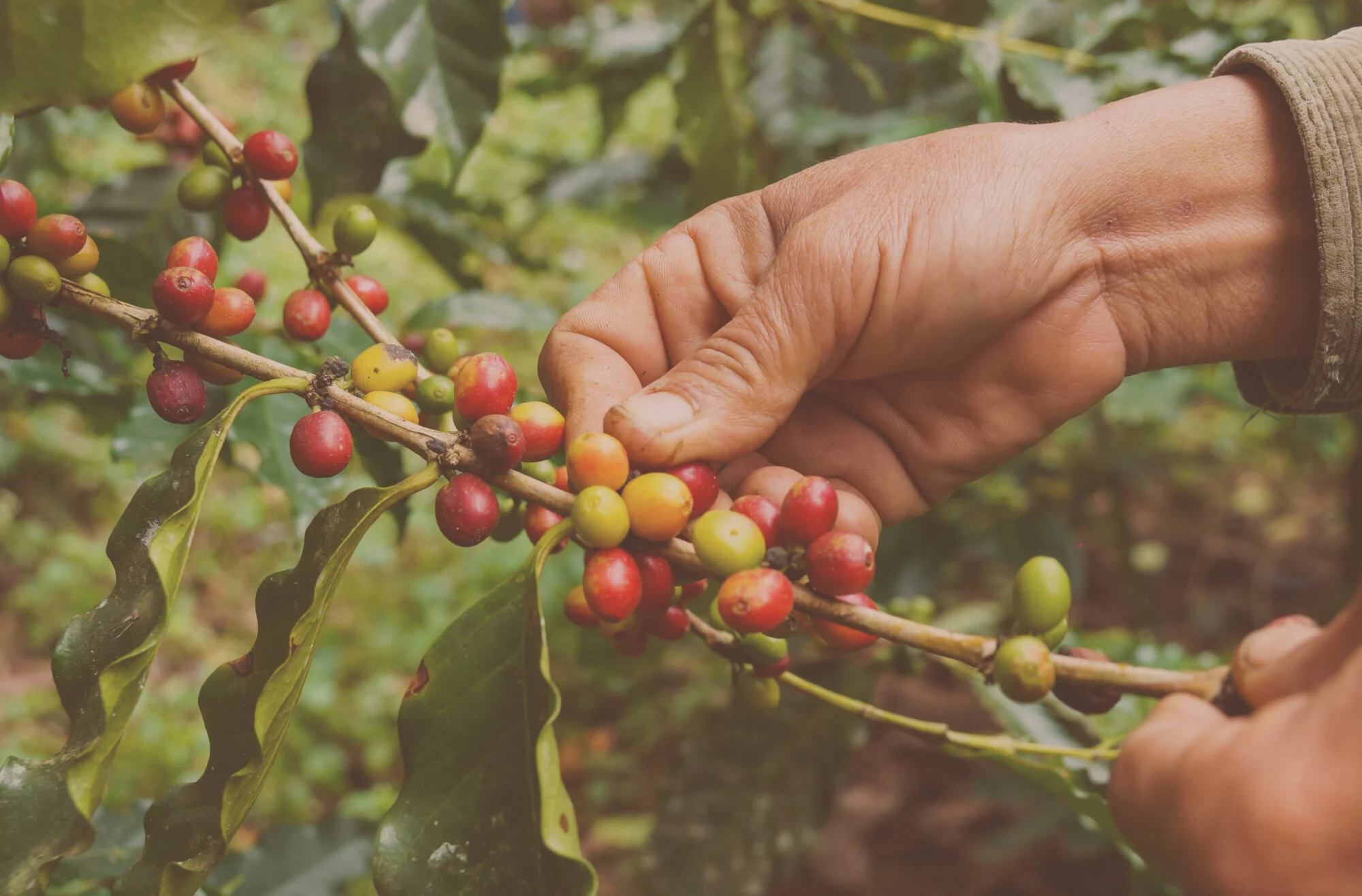What motivates us?
The coffee industry is a notoriously exploitative economic system that holds small rural farmers in a cycle of poverty. Every Village Collective purchase has a positive impact on real humans.
Transforming the lives of farmers and workers one bag at a time.
meaningful impact
What sets VCO. apart
direct
trade
Trading directly with farmers cuts out unnecessary intermediaries and makes all of our coffee fully traceable. Up and down the supply chain, everyone involved receives fair pay, an average 50% premium to prevailing market rates. We guarantee our farmers a living and fair wage. We know who grows our coffee; we know where it is grown and how it is processed.
women
empowered
By trading directly with women, we increase community impact. Female economic empowerment is a step towards gender equality, and improves local health, and education. The women we proudly invest in transform communities and economies.
100 % of profits donated
All Vco. profits financially support rescue homes for sexually abused girls and young women who have children as a result of this abuse. The injustice experienced by the most vulnerable people in our society is an affront to all human dignity. We donate 100% of our profits to organizations serving the poor and the defenseless in Guatemala.
technically
innovative
vco. incentivizes and empowers our producers every step of the process. Working directly with farmers means we can invest proceeds from the coffee to improve the soil’s quality, the beans’ quality, and the process’s quality. As quality improves, we guarantee that additional profits reach the growers.
source roasted in Guatemala
We roast our beans within miles of where they’re produced, creating a coffee unmatched in freshness and quality, roasted by those who know the terroir best. Just as important, it cultivates a shared value model where maximum benefits remain for producers.
We process our coffee 3 ways
washed process
MAcadamia. MIlk Chocolate. Chamomile flowers.
This is the most common method of processing coffee. First, we strip the fruit pulp leaving behind the coffee bean (seed) that we next soak in water. This removes the sticky, sugary mucilage and allows the bean to be sun-dried and stored. Sometimes we add yeast during the soaking process for fermentation, modifying the pH, or tinkering with unique flavor profiles.
natural process
blueberry. Cacao nibs. dried cranberries.
Natural or “dry” process coffees are the most traditional method of processing. The entire coffee cherry is left intact in the sun to dry like a raisin around the bean. No pulping, no washing. Natural fermentation occurs and results in a complex combination of flavors and sugars. This is the longest process, but the least resource intensive and uses almost no water.
honey process
caramel corn. sundried orange. brown sugar.
Honey processing is a hybrid process where the fresh coffee cherries are de-pulped and immediately laid to dry naturally. Because we do not wash them and their sugary mucilage remains intact, the sun caramelizes the natural sugars resulting in subtle, sweet flavors. This sweetness of the caramelized sugar emerges during the roasting process and creates a rich, smooth profile.
coffee for export is processed and stripped of its protective coating, called parchment. It immediately begins to oxidize and degrade. oxidation causes the essential oils in the bean to deteriorate and creates gross flavors. because we roast all our coffees at their origin, we store our coffees in their protective coating (parchment) until the day of roasting, resulting in a freshness unachievable with coffee roasted in the U.S.

be a part of the village





